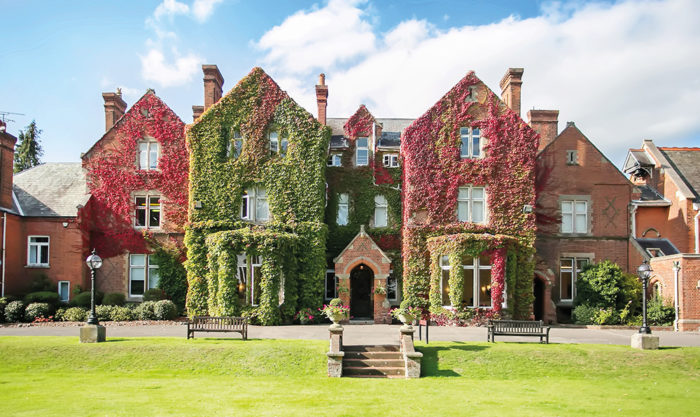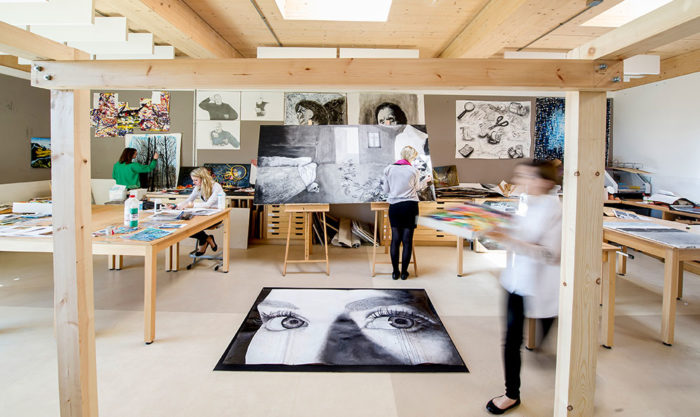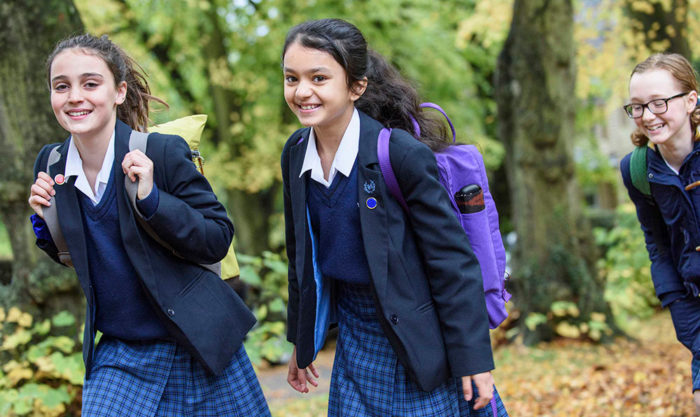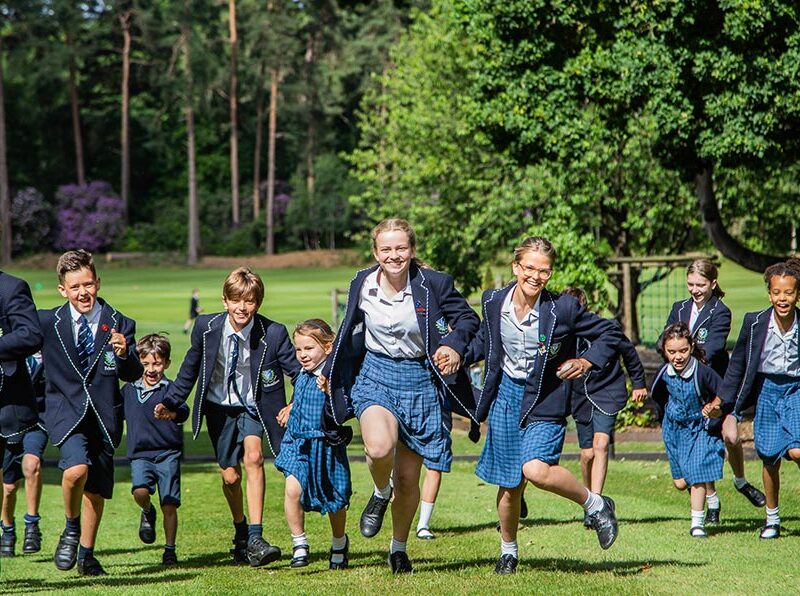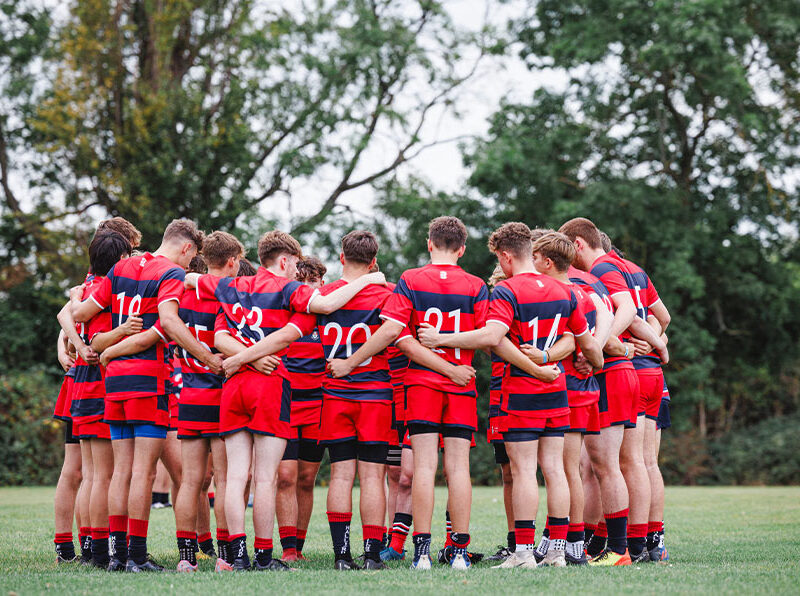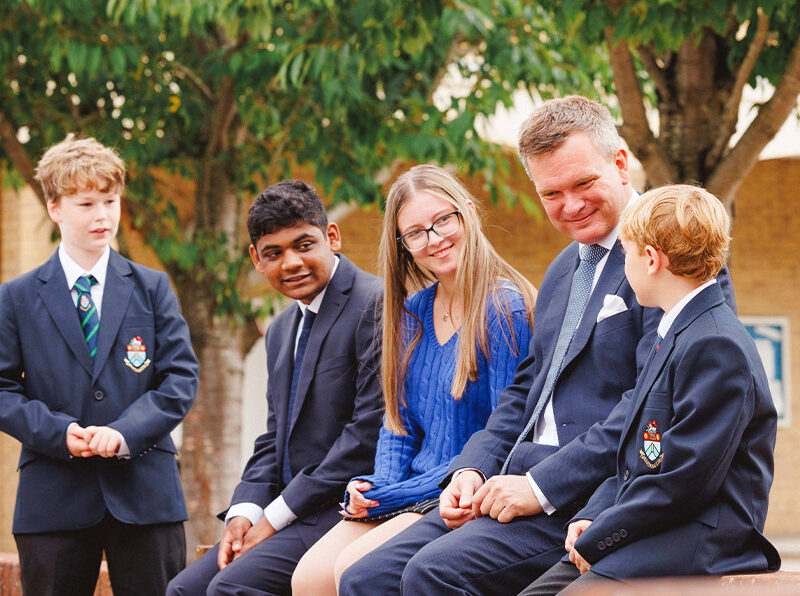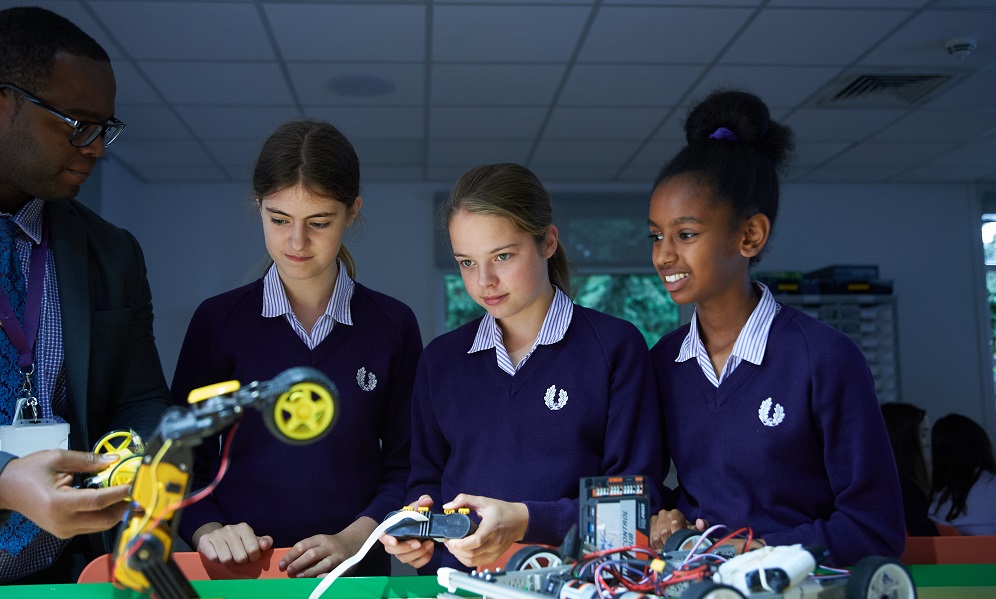
How are schools tackling the big issues?
How are schools tackling the big issues?
Education editor Jenny Booth asks how local schools are tackling the hottest topics in education right now
Design thinking
When the only thing guaranteed is change, the World Economic Forum predicts that the five skills that will be in highest demand in 2025 are analytical thinking and innovation; active learning; complex problem-solving; critical thinking and analysis; and creativity, originality and initiative.
Schools have been pondering how to prepare their students to thrive in these levels of uncertainty and to adapt swiftly. Today’s pupils may experience as many as seven different careers in their working life, and work until they are 70.
In 2014, Surbiton High set itself to look beyond the pursuit of high grades and define a set of active learning habits, in which initiative, awareness and self-motivation were key. These attitudes are now not only embedded in its curriculum but encouraged in every part of school life, including its very active extra-curricular, or “co-curricular”, programme.
At Putney High School’s innovation centre, girls are being prepared to be the designers and engineers who take the lead in shaping the future, with a unique curriculum in design thinking – lessons that develop analytical skills, problem-solving, spatial awareness and a growth mindset.
Students at Mayfield School are being inspired by its STEM club, with two pupils awarded prestigious Arkwright Engineering Scholarships for their innovative design projects aimed at making a real difference to our lives. Christina, currently in the Lower Sixth at Mayfield, is engineering solutions to help reduce coastal erosion. Elizabeth, also in her first year of A-levels, won her scholarship for her project aimed at reducing cot deaths with a tiny computer component.
Diversity and inclusion
The shockwaves generated by the George Floyd case continue to ripple through schools, impelling many to question their own attitudes towards others from different backgrounds. Sutton High has become the first UK school to adopt the Halo Code, ending discrimination against Afro-textured hairstyles, and is determined to celebrate the diverse identities of its pupils and staff.
At Putney High, Year 12 student Naina R has helped create an app and chatbot called SOLIS which challenges discriminatory mindsets. King’s Wimbledon has adopted an action plan to tackle discrimination, inequality and exclusion. Every person in school is expected to take responsibility for their own words and actions, and to call out lack of compassion or respect when they see it in others. The school has appointed mentors, to support pupils around issues of race, gender and sexuality.
It starts with me
Chris Skelton, head of Newland House School, describes it as a conundrum: schools need obedience and conformity for the day to run smoothly, so how do they then encourage students to use their initiative, not waiting for others to make decisions on their behalf? Mr Skelton’s answer has been to champion a personal development programme for pupils in Year 7 and 8, which last term saw students planning and executing a campaign to record how pupils get to and from school, and to promote more sustainable travel choices.
Woodcote House School uses its co-curricular programme to encourage boys to widen their interests and gain new experiences, including LAMDA drama courses to improve confidence and a Learning To Live programme that aims to build trust, develop effective team working & leadership skills.
To build initiative Sutton High runs personal and social responsibility courses for senior girls, and Kaleidoscope sessions on self-reliance for Year 7s, including first aid and self-defence. Last year Putney High launched an “It starts with me” programme to open students’ minds to societal issues, helping them to combat stereotypes and respond to challenging issues.
Environmental care
The COP26 summit in Glasgow prompted many schools to think harder about what they can do to prevent further damage to the environment. Students at Halliford School asked to do more to protect the planet – some now sit on an eco-committee examining the school’s impact on biodiversity, its policies on energy, litter, transport, waste and water, and its wider actions on global citizenship and healthy living. The committee will devise an Eco-Code to guide the school’s decision-making. Halliford has opened the sustainable, carbon-neutral Woodward Building with a solar array on its roof, and has set itself a goal to achieve Eco-Schools Green Flag status.
ACS Egham meanwhile has received the Eco-Schools silver award for its curriculum links to environmental issues, and its efforts to cut water use and improve waste management. Pupils build hives for wild bees, too. Putney High won a Gold Medal at the RHS Chelsea flower show for the environmental research in its biophilic classroom. Year 12 student Ananya attended the COP summit, describing it as an “eye-opening experience” that helped her understand how hard climate change was hitting people all over the planet.
Empowering women
“We’re trying to create the next female Prime Minister,” says Putney High School head Suzie Longstaff. When schools are wondering how to encourage girls to “lean in” and aspire to leadership in government and business, Putney High encourages girls to express themselves through debate. A new Athena Centre is due to open at the school this month with a debating forum that will continue the school’s tradition of hosting parliamentary-style sessions and model United Nations hearings. It must be working – former pupils include politicians Liz Symons, Virginia Bottomley and Camilla Cavendish, all now sitting in the House of Lords.
Prep school pupils at Sutton High dressed up as Greta Thunberg, Malala Yousafzai and Frida Kahlo on World Book Day and talked about the achievements of inspiring women.
Headmistress of Mayfield School, Antonia Beary, added, “Fear of making mistakes is one of the greatest barriers to success, yet learning from our mistakes is a key element of education and progress. We encourage girls to challenge themselves in their academic studies and outside the classroom and to try new things. We also place great importance on furnishing the girls with the tools they will need to succeed in life: independence, resilience, confidence, leadership, enterprise, integrity, courage and ambition.”
Meanwhile, King’s Wimbledon has ended its own 190-year tradition of all-male leaders by appointing Jude Lowson to be acting head until September 2022, when she will be replaced by Dr Anne Cotton.



